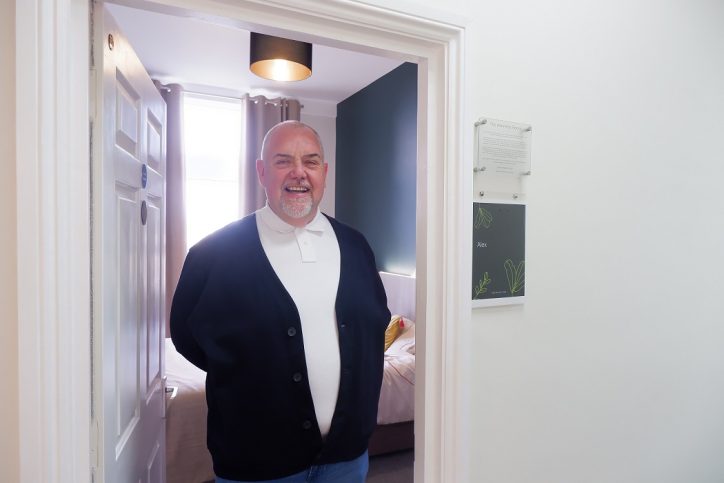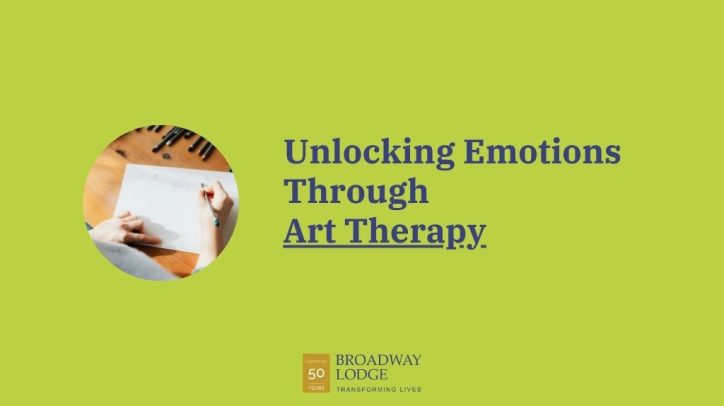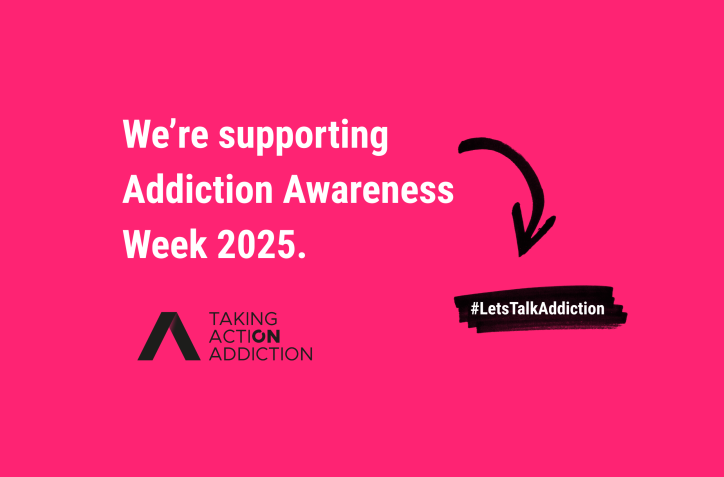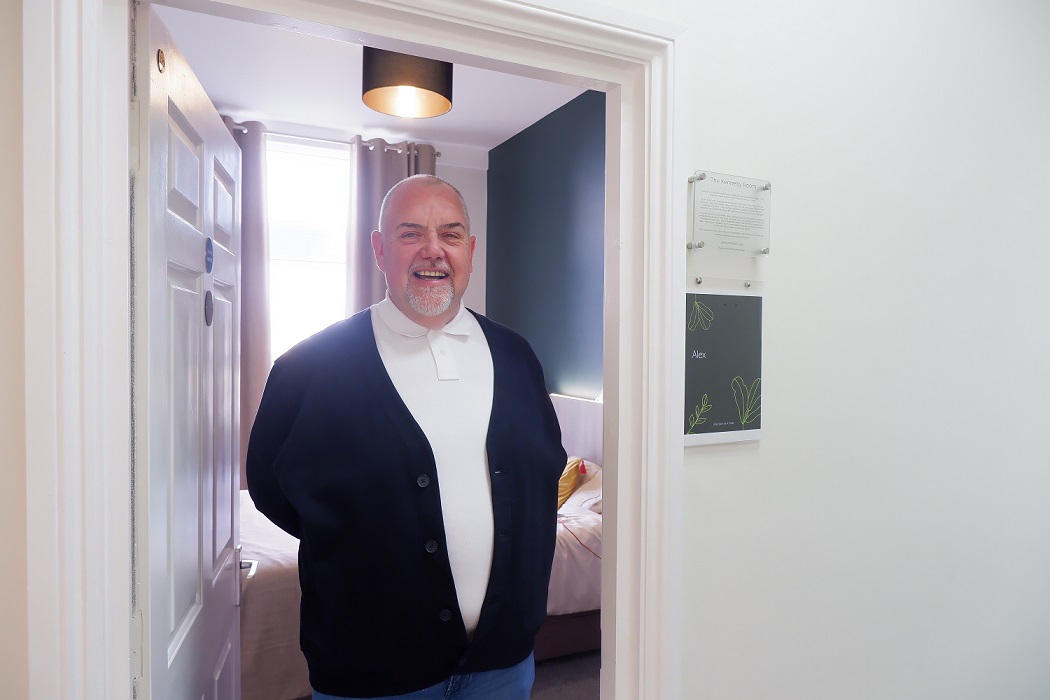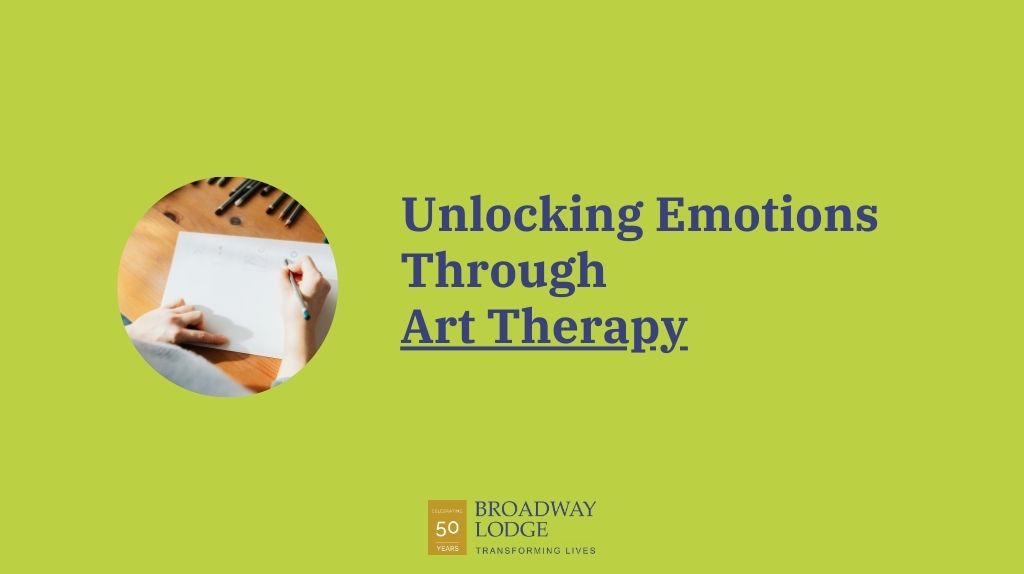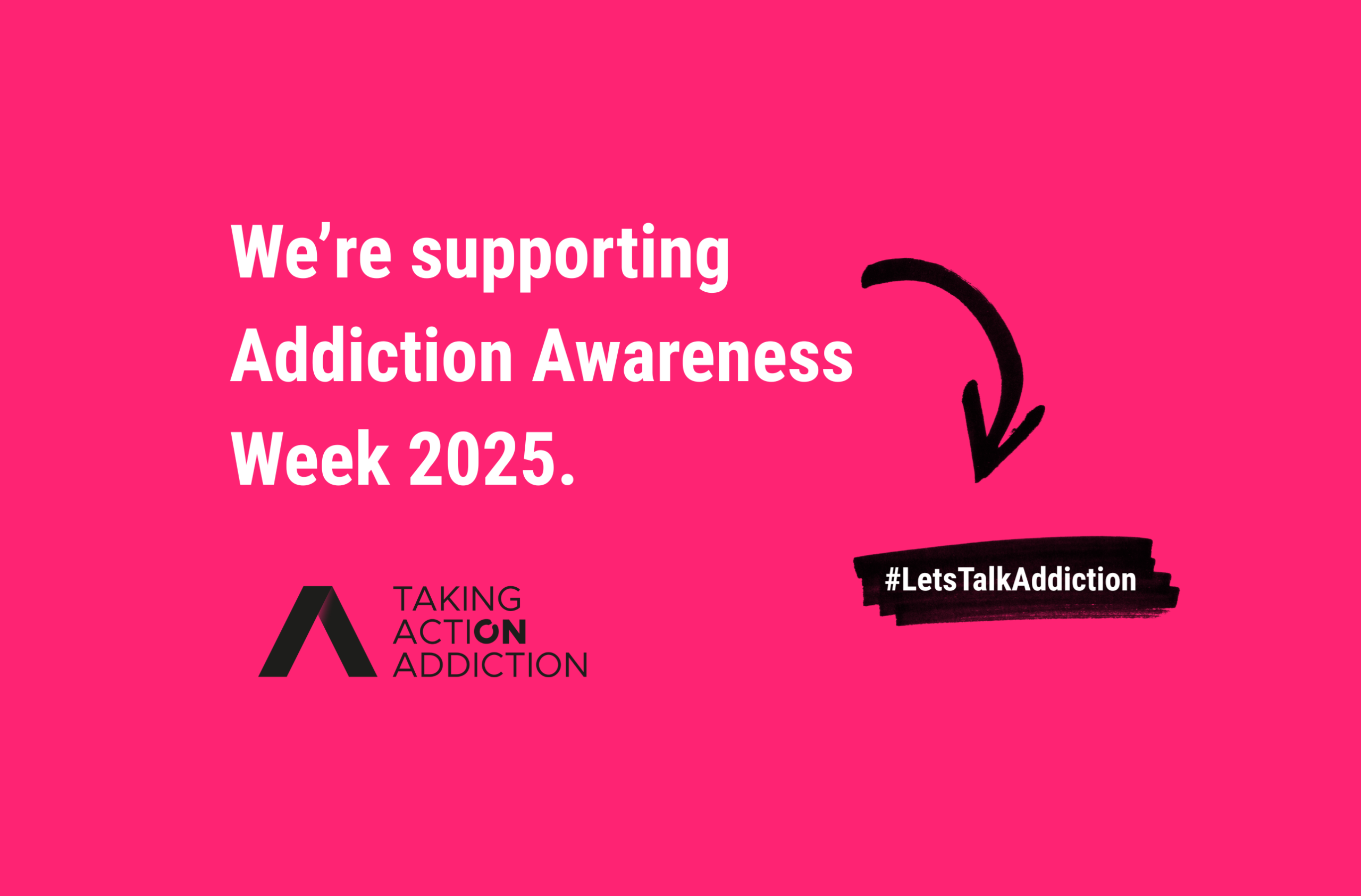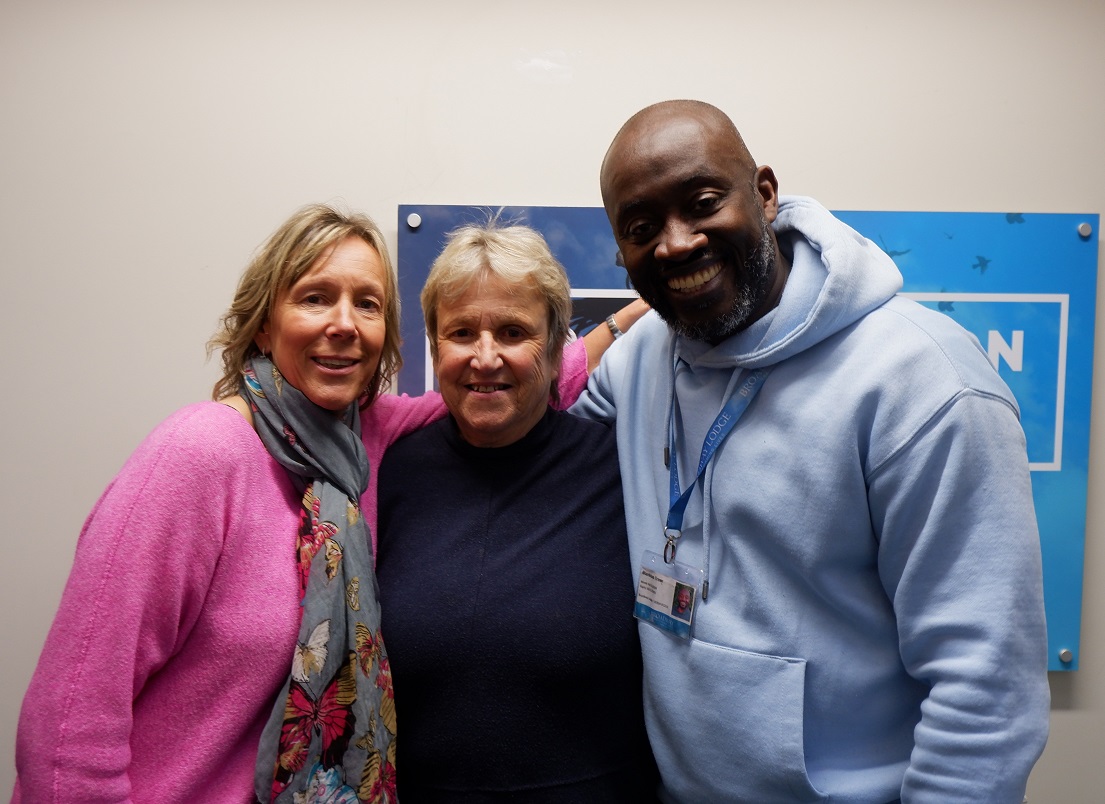For most people gambling is a source of harmless fun. Yet for others it can become a problem that affects their lives in a negative way.
- While 63% of British adults had gambled during 2015(1), this was mostly a flutter on the Grand National or occasional lottery cards.
- The Gambling Commission reports (2) that overall gambling participation has increased with 48% of people aged 16 and over having participated in at least one form of gambling in the four weeks prior to its survey in 2015. If those gambling in the National Lottery alone are excluded then the figure is 33%.
- There have been notable increases in both sports betting and private betting(2).
- 17% of people have gambled online, with younger age groups seeing the largest increases in participation. Use of a laptop remains the most popular device (55%), but 2016 saw an increase in the use of mobile phones and tablets, 43%, from 33% in 2015. On average online gamblers have three accounts with online gambling operators.(2)
- The NHS reports a rise in the number of gambling addicts referred to its gambling clinic – from 632 in 2012-13 rising to 778 in 2016-17.(3)
When gambling becomes an addiction
Amongst the many labels used, it may be confusing to know whether an individual has an addiction. Experts use the terms ‘pathological gambling’ or ‘disorder gambling’ for the most severe cases, with ‘problem gambling’ used for cases where it feels like it is getting out of control, through to ‘at risk’ where problems may be starting at a lower level. Generally, the more frequently a person displays behaviours such as the following, the more severe their problem is likely to be, for example:
- Preoccupation with gambling
- Cannot reduce or control gambling urges
- More money is needed to achieve the same level of excitement
- Carrying on playing after losing money
- Lying to family and friends about the extent of their gambling
- Gambling to escape other problems in life.
Gambling may not exhibit the obvious physical triggers of substance addiction but it can be just as debilitating and harmful. Although no substances are ingested, similar physical and chemical reactions take place in the brain when gambling as for other addictions.
It is not just the focus on gambling that is problematic. This costly habit can create problems in other areas of an addict’s life causing financial hardships and job retention problems. Other conditions can co-occur with gambling that exacerbate the problem, for example depression and other mental health problems.
Steps to tackle gambling addiction
The Government is currently seeking views on its proposals (4) related to gaming machines and social responsibility measures that include:
- limiting stakes and prizes for all categories of gaming machines permitted under the Gambling Act 2005 and
- introducing social responsibility measures for the gambling industry as a whole to minimise the risk of gambling-related harm, including measures on gambling advertising, online gambling, gaming machines and research, education and treatment.
The consultation closes on 23 January 2018, after which Government will consider its final proposals. In the meantime some have campaigned for restrictions on advertising, while others have called for greater consistency and consensus in the regulation of fixed odds betting terminals. (5)
At an individual level if you or someone you know seems out of control with gambling it is important that you seek help before any further financial, family or health harms occur.
You can get advice and support from GAMCARE who also provide assistance for residential rehabilitation placements.
Some people addicted to gambling may choose to be treated at a residential rehabilitation centre which can provide 24/7 support away from the tempting environment of everyday triggers.
At Broadway Lodge we believe that addiction is an illness regardless of how it manifests; whether through alcohol, other drugs, or behaviours such as gambling. Our approach involves supporting addicts into recovery. We will help you challenge deeply-embedded and harmful thought patterns so that you achieve and sustain long-terms recovery.
(1) NatCen Social Research. Gambling behaviour in Great Britain in 2015. Report prepared for the Gambling Commission. August 2017
(2) Gambling Commission. Gambling participation in 2016: behaviour, awareness and attitudes. Annual Report, February 2017
(3) BBC website. “Online betting: More addicts struggling with mobile sites.” 3 October 2017
(4) Department for Digital, Culture, Media & Sport. Consultation on proposals for changes to Gaming Machines and Social Responsibility Measures. 31 October 2017
(5) Report by ResPublica for the Campaign for Fairer Gambling. Wheel of Misfortune: The case for lowering the stakes on Fixed Odds Betting Terminals. October 2017


